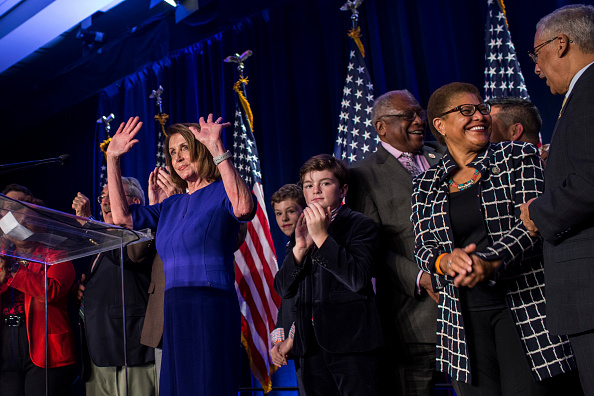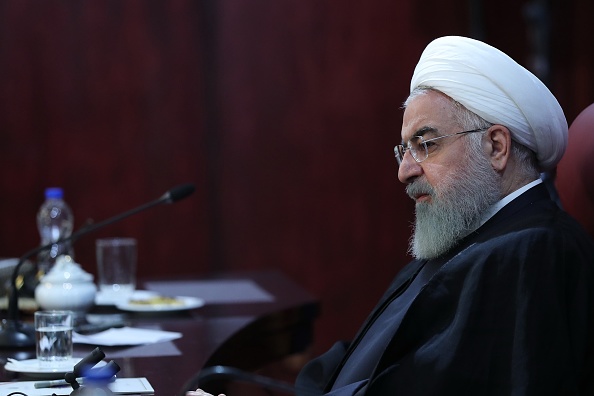The results of the U.S. midterm elections are in, with a combination of gains and losses for both the Democratic and Republican parties. Democrats regained control of the House of Representatives: With 413 of 435 races called as of this writing, Democrats have won back 27 seats, winning a majority 220 to the Republicans’ 193. This strong rebuke to Republican President Donald Trump and the Republican-led Congress presents new challenges for the White House legislative agenda. On the other hand, Republicans surprised many observers by increasing their representation in the Senate to an even greater majority — adding two Senate seats, yielding 53 to Democrats’ 45. Among other results, this Republican advantage promises to ease the Administration’s judicial appointments, which may include another Supreme Court judge over the remaining two years of the President’s current term in office.

In addition to their new capacity to block the President’s bills in the House, Democratic congress people will likely come together to reopen the investigation into alleged Russian manipulation of the 2016 elections. A potential parallel pursuit may involve graft allegations vis a vis China: It has been reported that Beijing granted 18 trademarks over the past few months to companies linked personally to Trump and his daughter Ivanka. As to Europe, leadership figures have already signaled their satisfaction that Democrats control the House: European Commission Vice President Frans Timmermans, for example, Tweeted that he was “Inspired by voters in the US who chose hope over fear, civility over rudeness, inclusion over racism, equality over discrimination. They stood up for their values. And so will we.” One may expect a new push by House Democrats to challenge economic and trade policies by the Administration which have strained relations between the continent and Washington.
Election Day meanwhile brought drama in foreign policy as U.S. sanctions against Iran’s petroleum industry took effect. Though the impact of the embargo will likely be substantial for the Iranian economy, Secretary of State Mike Pompeo announced measures that effectively lightened their severity. Eight countries, he said, would be granted six-month waivers, and a senior official told reporters that they include some of Iran’s biggest customers for oil: China, India, Japan, and South Korea. Iraq also appears to be on the list. But it does not include European countries, Pompeo said — ensuring further tension in the trans-Atlantic alliance as Europe seeks a “clearing house” to bypass U.S. sanctions.

Additionally, the Trump Administration announced an exemption to the sanctions regime as regards the Chabahar Port in Iran, near Afghanistan, “and the construction of an associated railway and for the shipment of non-sanctionable goods through the port for Afghanistan’s use.” It also approved Afghanistan’s continued import of Iranian petroleum products. These exemptions, said Pompeo, reflect the Administration’s “ongoing support of Afghanistan’s economic growth and development as well as our close partnership with India.” India values the Chabahar port as a counter to Pakistan’s Gwadar Port — especially after Pakistan denied India transit access for trade with Iran and Afghanistan.
But these signs of flexibility hardly mollified Iran. President Rouhani has declared that the country would wage an “economic war” with the United States and circumvent the sanctions. In a further show of defiance, hours after the sanctions went into effect, the Iranian military tested new air defense missiles, while foreign minister Javad Zarif declared in a Tweet that “US bullying is backfiring.”









